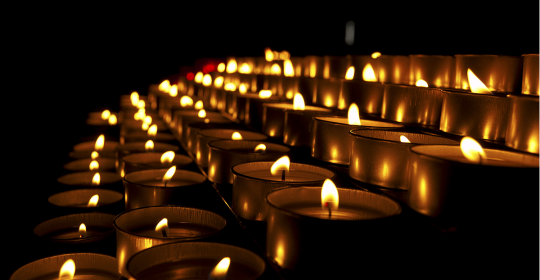
Death In The Time Of Cult Suicide – Dr Fabian Explains The Psychology Behind It – Gulf News
Here’s what a cult really is and why if you see someone struggling with one, it’s best to take action
If he jumped off a building, would you take a leap too?
The usual answer, when the question is posed, is a giggle and a headshake. But when the search for identity leads you to the precipice of blind faith, there is little choice but to prepare for a tumble. No need to think, just a desperation to act.
“When it comes to mass suicide, we have to look at the individual. Usually, they have low self-esteem and very susceptible to group influence. Generally, they have some underlying psychopathology, depression, which may have been fueled by the group as well.” – Dr Fabian Saarloos, Clinical Psychologist, German Neurological Centre.
Two grim reminders from India of what happens when you close your eyes to the world and listen to the curated arguments of one leader have of late shocked worldwide. One, when a family of six were found hung or flung out of a window. The other, a mass suicide by 11 members of a family – the motive, evidence suggests, was an ill-conceived grab at salvation.
These fatalities have all the makings of an imploding cult. In the case of the Burari family a son assumed authority, claimed favour of a spiritual guide (his late father) and manipulated his family members to death. In the Jharkand tale, there was an allusion to bankruptcy, which ended in deaths including of two minors.
And so we look at what a cult really is and why if you see someone struggling with one, it’s best to take action.
The full original article was published in Gulf News July 17

